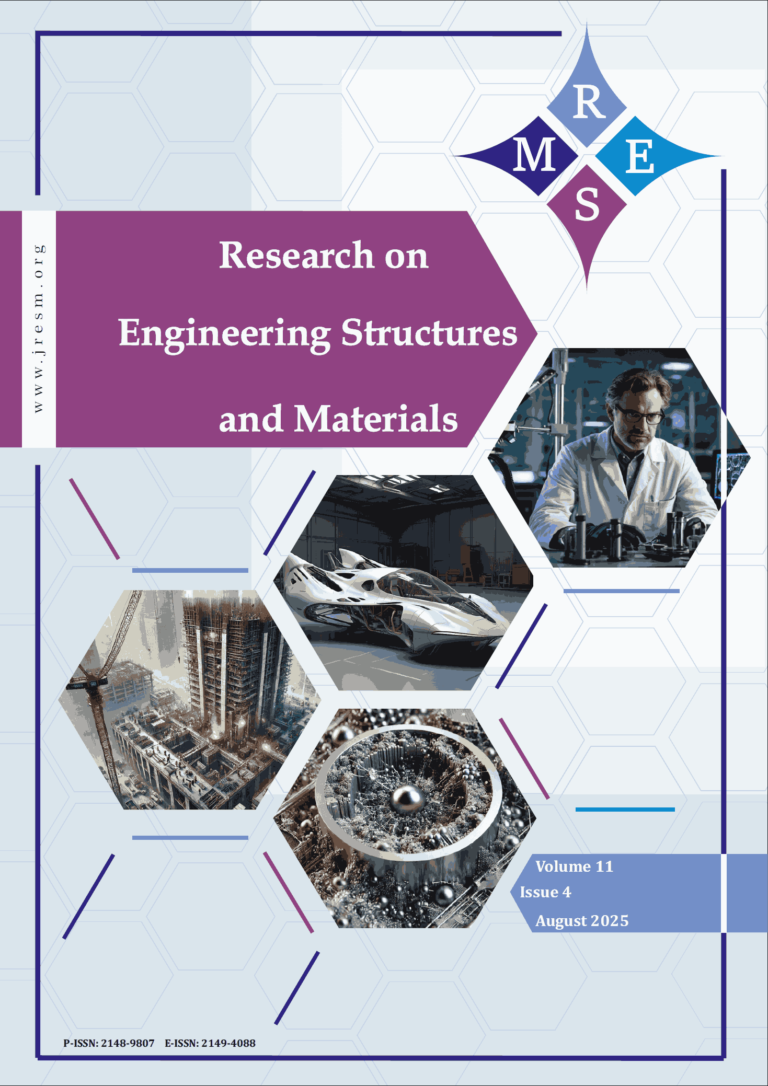Increasing demand for accessories like porcelain electric insulators have continued in developing countries causing overdependence on imported products. Meanwhile, raw materials for their local production are available in commercial quantities with high firing temperature being the major challenge. Hence, the need for fluxing agents that can reduce the working temperature led to the investigation of Talc as a partial replacement of conventional Feldspar. An optimum replacement of 10% Feldspar with Talc was adopted, and this recipe showed microstructurally enriched glassy phase, primary and secondary Mullite with other crystalline phases like Cristobalite, Microcline and Albite at 1200oC with micropores evident in both the Talc and Feldspar formulations. The produced insulator fired at 1200oC offered an optimum thermal conductivity of 0.2768W/mK with reductions in water absorption, apparent porosity and linear shrinkage by 78.29%, 76.02% and 19.75% respectively with a 9.48% rise in bulk density. The electrical performance comprised Inception, Withstand and Breakdown Voltages of 10.2 kV, 14 kV and 20 kV respectively at leakage currents of 0.2 mA, 1.2 mA and 2 mA accordingly. With a withstand voltage above 11 kV and breakdown voltage below 22 kV, this pin-type porcelain insulator will find wide application in both electric substations and end user load points like commercial and residential electric power lines. The novelty lies on the fluxing and filler potentials of Talc as a locally-sourced mineral in porcelain insulator production which increases the market value of Nigerian Talc while reducing importation, costs of energy and raw materials in porcelain production.
